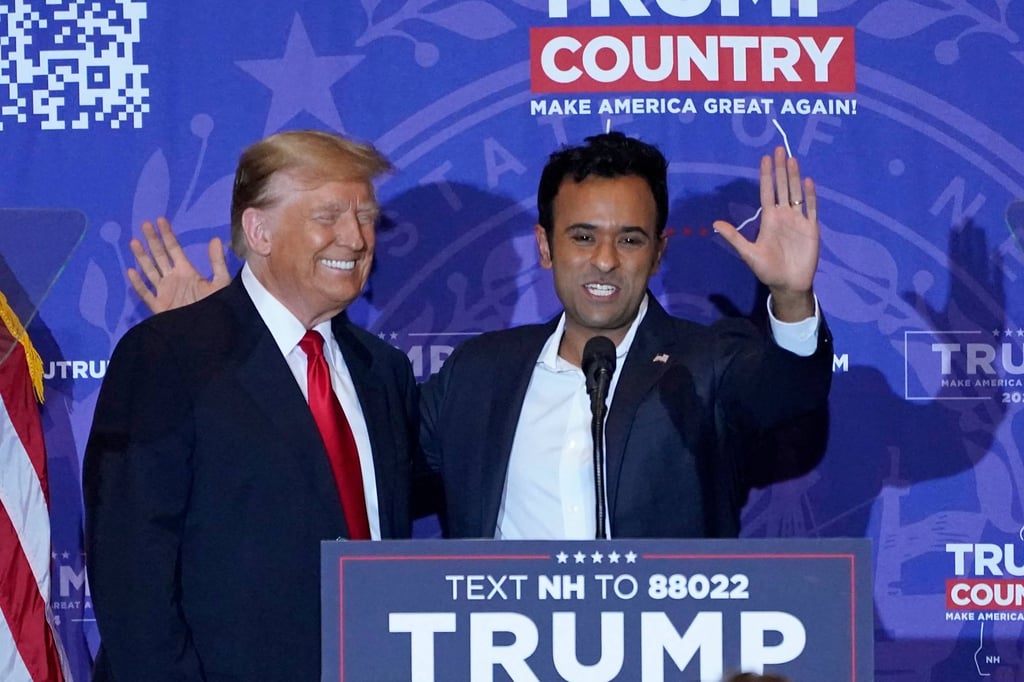Donald Trump’s return to the White House is set to have profound implications for China, the world and the United States itself. In the last of a three-part series, Khushboo Razdan examines how the US president-elect’s cost-cutting initiatives could affect federal departments and, in turn, increasingly fragile Sino-American relations.
Advertisement
Washington’s bureaucrats are bracing for Donald Trump’s onslaught as he prepares to overhaul foreign policy and slash the federal workforce while tackling the nation’s US$1.83 trillion deficit.
The president-elect aims to pick up where he left off in 2020 with “Schedule F”, an executive order stating that federal employees in confidential, policymaking or policy-advocating roles could lose their job protection and be fired at will.
Concerns about alienating government employees and the impact of the coronavirus pandemic that year delayed Schedule F’s implementation. US President Joe Biden’s administration repealed the order before it could take effect.
In connection with Trump’s effort to reinstate and expand the move, he has enlisted billionaire Tesla CEO Elon Musk and entrepreneur Vivek Ramaswamy, a former 2024 Republican presidential nominee, to co-lead the new Department of Government Efficiency.

Musk, the world’s richest man, has pledged to cut US$2 trillion from the federal budget. And Ramaswamy has described Schedule F as an “incremental reform”, saying the coming administration envisioned “a revolution” in cutting waste.
Advertisement

